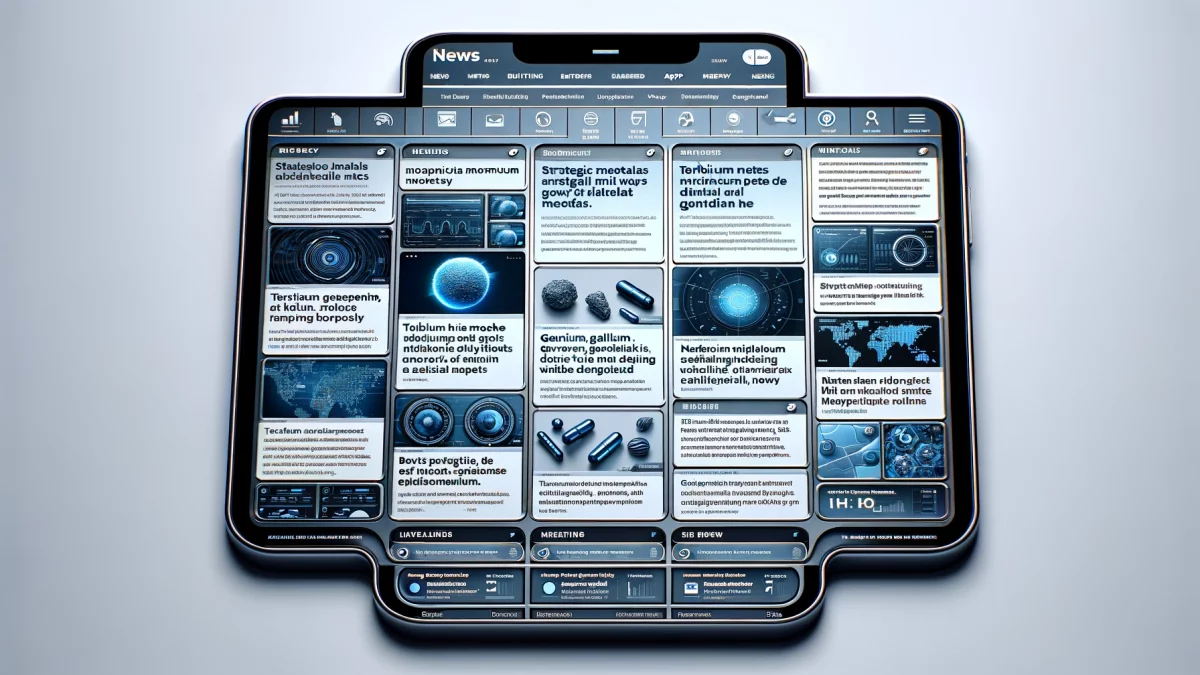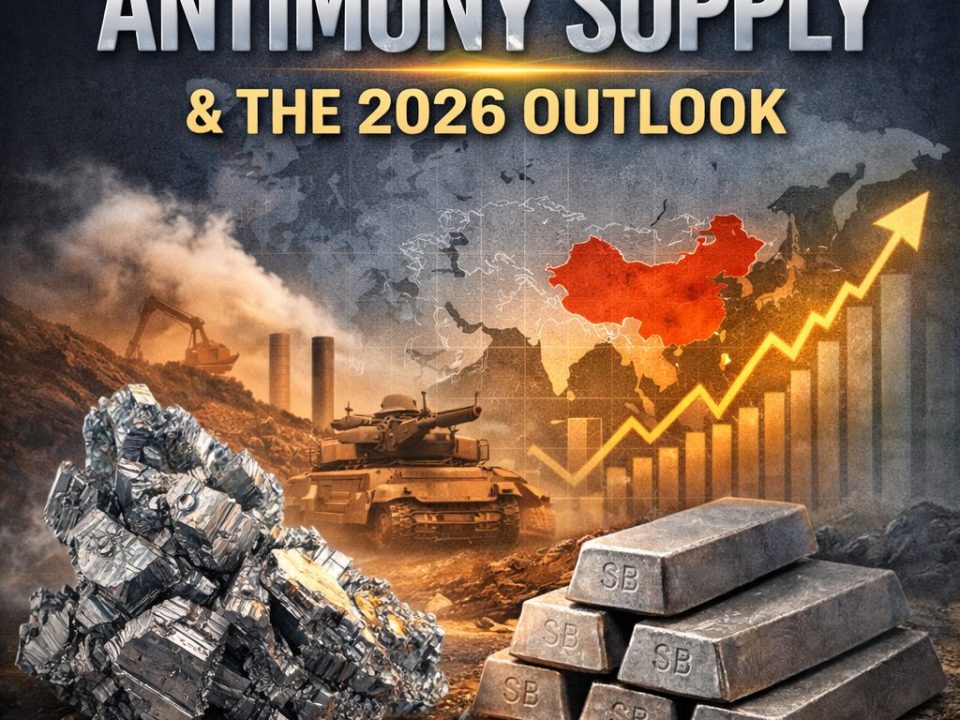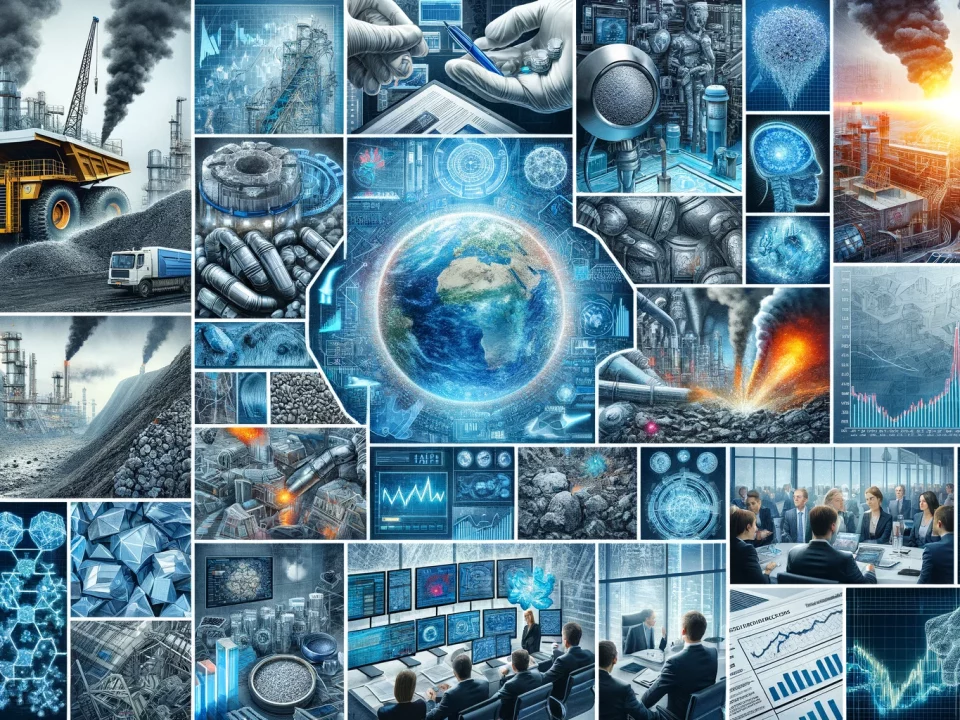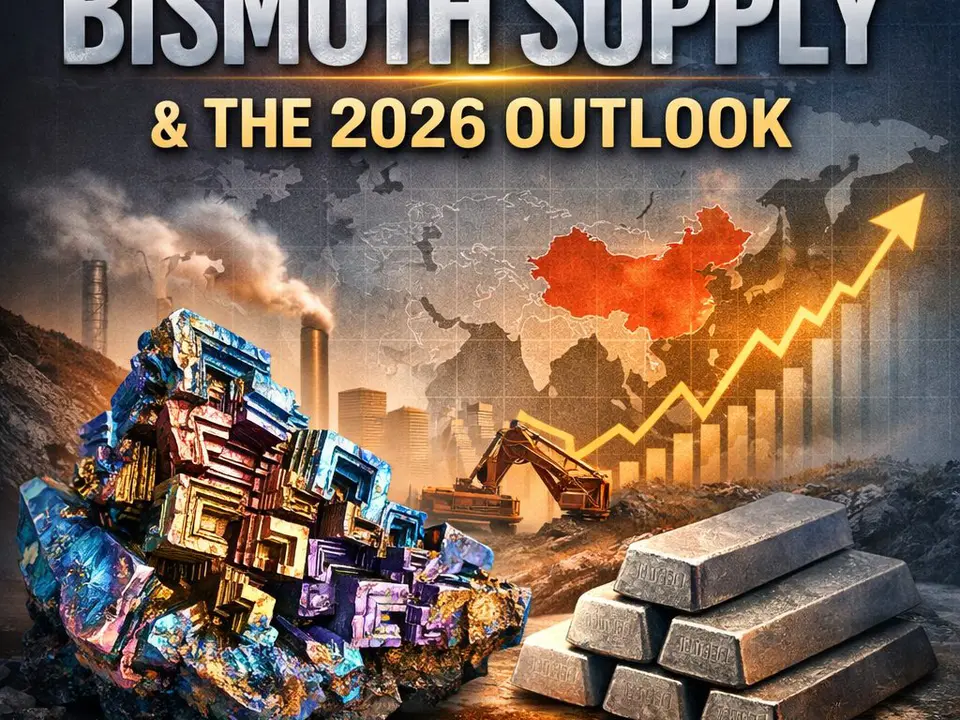China Issues Rare Earth Production Quota
February 6, 2024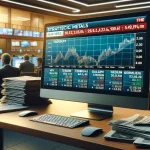
Weekly News Review Feb 12 – Feb 18 2024
February 18, 2024The US moves to restrict the imports of Chinese electric vehicles. At the same time, the EU continuously seeks new ways to diversify critical minerals and clean supply chains to reduce dependencies on China.
All this news and more is in our weekly review.
SMART CARS: THE US WANTS TO RESTRICT THE IMPORTS OF CHINESE ELECTRIC VEHICLES.
There are concerns not only about data protection but also about possible price dumping.
GPS, cameras, microphones, and sensors: modern cars collect a wealth of data about passengers and their surroundings. Last year, the non-profit organization Mozilla Foundation named cars the worst product category it has ever tested regarding data protection. Not only is information sold on, but the systems are also susceptible to unauthorized access and can, therefore, be hacked. The cameras that make parking easier could become surveillance cameras controlled by third parties without the owner’s knowledge.
According to a report by Bloomberg, the US government now wants to regulate the import of these “smart cars” more strictly. It is targeting Chinese-made vehicles and components in particular. This would mean that the USA would put several obstacles in the way of manufacturers from the People’s Republic. According to Bloomberg, the current import tariffs, which impose strict limits on the import of Chinese cars, are unlikely to act as a deterrent for much longer. Lower production costs would then pose a threat to US vehicle manufacturers. In addition, Chinese producers could benefit from subsidies through their factories in North America (USA, Canada, Mexico), as provided for in the US Inflation Reduction Act. This is continuously being adapted to exclude so-called “foreign entities of concern” from subsidies.
CHINA ISSUES FIRST RARE EARTHS PRODUCTION QUOTAS FOR 2024.
China has set the first rare earth mining quota for 2024. According to the Chinese Ministry of Industry and Information Technology, it amounts to 135,000 tons, 12.5% more than in the same period last year. The quotas are usually issued twice a year, in 2023, even three times for the first time (we reported). The targets for separating and smelting rare earths have also increased significantly. China dominates the mining and extraction of this group of critical raw materials.
GERMANY AND MONGOLIA ENTER STRATEGIC PARTNERSHIP:
The countries want to work more closely together on strategic metals and reduce their respective dependence on China.
Germany and Mongolia seek to enter a strategic partnership and cooperate more closely in raw materials and mining-related areas. Central Asian countries’ great potential for wind and solar energy is also to be exploited to a greater extent. The signing of a corresponding agreement is planned for Wednesday during the visit of German President Frank-Walter Steinmeier to the Mongolian capital, Ulaanbaatar, as reported in advance by Reuters. The official occasion for the state visit is the 50th anniversary of diplomatic relations between the two countries.
A raw materials agreement was concluded with Mongolia in 2011 under former German Chancellor Angela Merkel. In 2022, the current Federal Chancellor, Olaf Scholz, reaffirmed the intention of closer cooperation during the Mongolian Prime Minister’s visit to Germany (we reported). Germany aims to reduce one-sided economic dependencies, particularly on Russia and China. For its part, Mongolia wants to diversify its political and economic relations as a landlocked country between the two primary raw material powers. Cooperations with the US and France were initiated last year.
MASSIVE INVESTMENT NEEDED:
Mining is already an essential economic factor in resource-rich Mongolia (PDF), with copper, gold, and iron being mined on a large scale alongside coal. The country also has significant deposits of rare earths. However, mining these raw materials could only become economically viable in the long term, at least according to a joint study (PDF) by the Mongolian Mineral Resources Authority and the German Federal Institute for Geosciences and Natural Resources. Further exploration efforts and huge investments are required, especially if the minerals are to be processed in Mongolia in the future instead of in China, which has a quasi-monopoly in this sector. Accordingly, Mongolia has been courting foreign investment in its raw materials industry for some time. The desert and steppe state also relies on international cooperation, for example, with South Korea and neighbouring China, to build up the necessary technical expertise.
EU REACHES AGREEMENT ON NET ZERO INDUSTRY ACT:
The law sets out for the Union to domestically produce 40 per cent of its annual deployment needs in net-zero technologies by 2030.
Yesterday, the European Council, Parliament, and Commission representatives held the final trilogue on the Net-Zero Industry Act (NZIA) proposed last year (PDF) and reached a provisional agreement to establish the necessary framework. As part of the Green Deal Industrial Plan, the EU aims to scale up the domestic production of critical technologies like solar panels, wind turbines, and heat pumps under the NZIA. The struck deal supports the main objectives of the NZIA, namely boosting the domestic production of clean technologies and capturing 15 per cent of the global market of these technologies, while introducing several improvements, such as streamlined rules on construction permit procedures and more clarity on criteria for public procurement and auctioning, according to a press statement.
In a press conference following the reached agreement, Christian Ehler, rapporteur on the Net-Zero Industry Act trilogue negotiations, praised the deal as the first step in making Europe ready to reach its climate goals. However, Ehler added that the institutions acknowledge the need for secure and stable supply chains to achieve successful European manufacturing. To tackle this, the agreement also requires diversifying the supply of clean technologies to the EU while safeguarding sufficient flexibility for contracting authorities.
The provisional agreement must now be endorsed and formally adopted by the institutions.
AFRICA: BUILDING BLOCKS FOR EUROPE’S HYDROGEN SUPPLY –
Germany is stepping up H2 cooperation with Algeria, while cooperation with Mauritania is progressing at the EU level.
As part of their energy partnership, which has existed since 2015, Germany and Algeria want to work more closely together on green hydrogen, which is seen as a beacon of hope, particularly for the climate-friendly industry conversion. A declaration of intent to this effect was signed by the Federal Minister for Economic Affairs and Climate Protection Robert Habeck and the Algerian Minister of Energy and Mines Mohamed Arkab in Algiers on Thursday.
The occasion was a roundtable, which also discussed the so-called “southern H2 corridor”: existing gas pipelines are to be converted and expanded for hydrogen transportation via Algeria, Tunisia, Italy, and Austria to southern Germany. As a result, representatives of the participating countries and the EU Commission were present. Algeria wants to develop into a vital hydrogen producer and export ten per cent of the EU’s demand by 2040.
GLOBAL GATEWAY: EU SUPPORTS THE DEVELOPMENT OF AN H2 ECOSYSTEM IN MAURITANIA.
Further steps were taken at the European level this week to pave the way for the future supply of H2: With the help of the EU infrastructure program Global Gateway, investments are to be made in developing an ecosystem for green hydrogen in Mauritania. This was announced at a meeting between EU Commission President Ursula von der Leyen, Spanish Prime Minister Pedro Sánchez, and Mauritania’s President Mohamed Ould Cheikh El Ghazouani. According to von der Leyen, the EU wants to produce ten million tons of green hydrogen by 2030 but also depends on partners, as a further ten million tons would have to be imported. Similar projects have already been initiated with other African countries, such as Namibia and Angola.
That’s all we’ve got for this week. As always, please reach out if you want to learn more.



